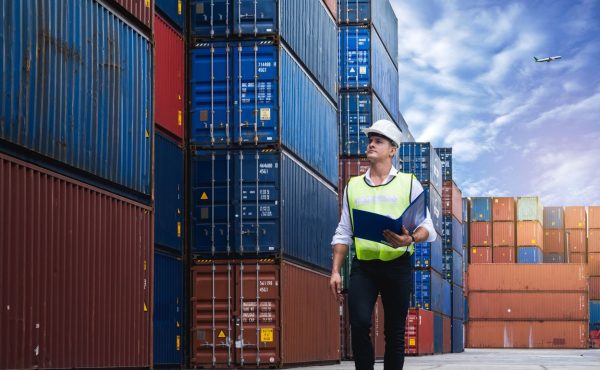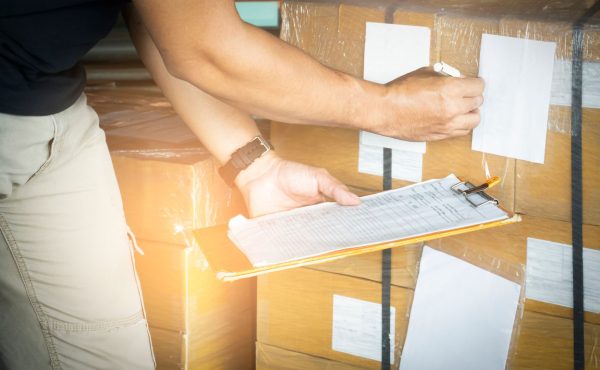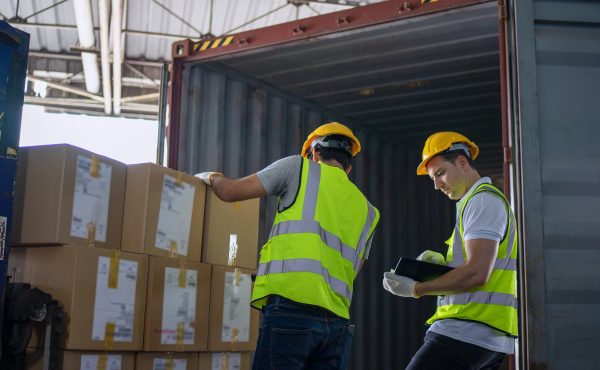What are the main elements of a customs and tax audit?
Customs and tax auditing is an essential process for companies involved in international trade. It is made up of several key phases, whose fundamental objectives are based on improving operability, ensuring security, streamlining customs processes and training staff.
The first phase of this audit involves identifying the critical processes in the company’s international trade. This includes a detailed analysis of customs processes, as well as purchasing and sales procedures, paying special attention to the control of customs representatives, order tracking and traceability.
This is followed by a security assessment of all operations. This ranges from physical security measures at the premises to the protection of information and computer systems, as well as production and logistics processes.
The optimization of customs processes is another key objective. The audit focuses on simplifying and improving customs-related formalities and procedures, in order to streamline procedures and reduce costs. Personalized advice is provided for this purpose by experts in the sector.
It is also important to conduct a thorough review of the staff training involved in tasks related to international trade. This is done based on the specific needs of the company and its future projections.
The main elements of a customs and tax audit are as follows:
- Legal Compliance
- Customs Documentation
- Processes and Procedures
- Inventory Control
- Costs and Expenses
- Tax Benefits and Exemptions
- Risk Assessments
- Customs Security
- Financial Audit
- Report and Recommendations
- Action Plan

Fundamental principles of customs and tax auditing
One of the services we implement in Logisber is the customs audit. This enables us to help companies to boost their business in the field of international logistics in a personalized and rigorous way.
The customs and tax audit is based on fundamental principles, including legal compliance, operational efficiency, security, and the development of human talent, to highlight a few. These principles are the basis on which the recommendations and action plan resulting from the audit are built.
Lastly, the result of the audit is set out in a detailed report that contains the findings, both positive and negative. Specific recommendations for improving processes, safety and efficiency are presented, along with a strategy that the company can implement to address the issues identified and improve its performance. Compliance with all applicable customs and tax regulations and legislation is also verified.
If you want your company to undergo a customs and tax audit to improve the logistics processes of your exports and imports, contact Logisber now and our team of professionals will help you to optimize your operations in this regard.
Categorías
Compartir









